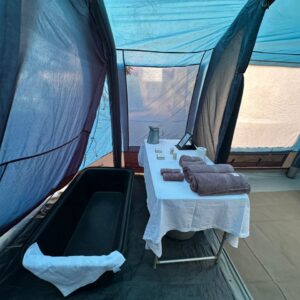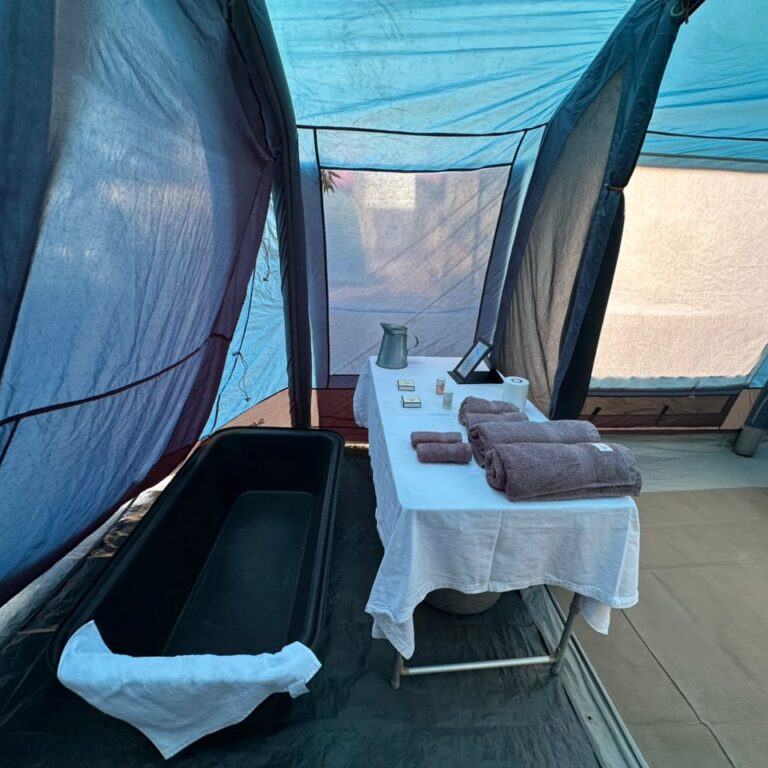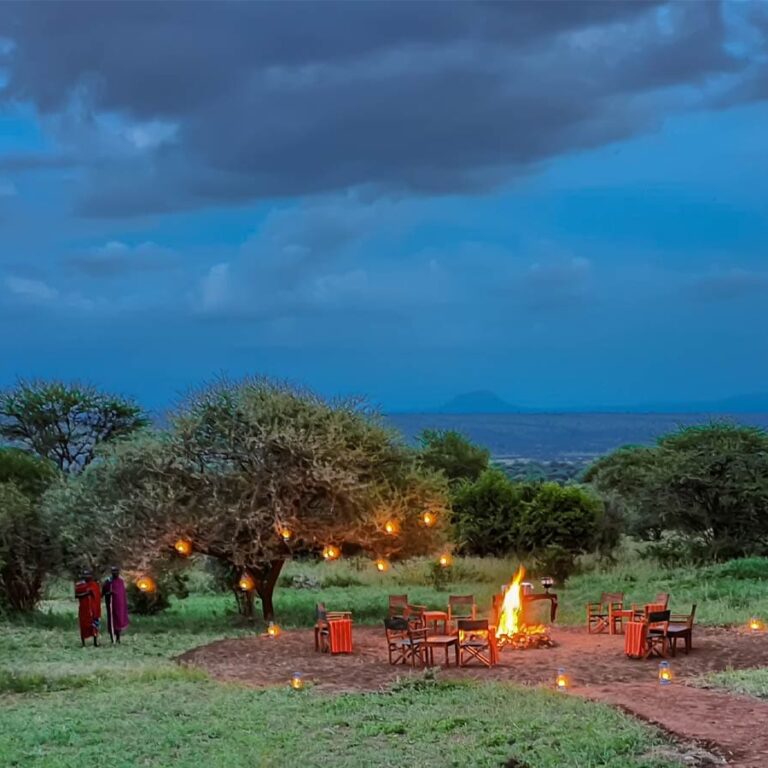7 Natural Foods and Supplements For Altitude Acclimatization.
Natural Altitude Boosters: Conquering Kilimanjaro Without the Blues. Kilimanjaro beckons, its majestic peak promising unparalleled vistas. But the thin air presents a challenge: altitude sickness. Before you reach for the Diamox, consider nature’s bounty. These 7 natural allies can help your body adapt and soar to the summit:
1. Beet Power: foods to avoid at high altitude
Nature’s nitric oxide factory, beets boost blood flow and oxygen delivery, ideal for tackling thin air fatigue 7 natural indigents that help to fight against altitude sickness during Kilimanjaro Climb. Juice, powder, or roasted – get your daily beet fix!
2. Rhodiola Rosea: food for high altitude trekking
This high-altitude hero fights fatigue and enhances your body’s stress response, making acclimatization a breeze. Capsules or tea – brew your resilience!
3. Maca Magic
This Peruvian root energizes and balances hormones, combating altitude-induced lethargy. Powdered maca in smoothies or yogurt – add a spoonful of sunshine!
4. Ginger Warrior
Nausea and dizziness? Ginger soothes digestive woes and calms queasiness, keeping your climb smooth sailing. Chewing slices, ginger tea – let it tame your tummy!
5. Garlic Guardian
Boost your immune system and circulation with this allium champion. Garlic in meals or supplements – add a punch of protection!
6. Electrolyte Oasis
Altitude depletes electrolytes, leading to dehydration and fatigue. Stay replenished with electrolyte-rich water or coconut water – keep your fluids flowing!
7. Antioxidant Army
High altitude increases free radicals. Berries, dark leafy greens, and green tea – pack your antioxidant punch and shield your cells!
Remember: Natural aids work best alongside proper acclimatization practices: ascend slowly, hydrate, and listen to your body. Consult your doctor before supplementing, especially if you have pre-existing medical conditions. Embrace these natural altitude allies, and watch Kilimanjaro surrender to your empowered climb! Climb strong, climb natural!
You can also try these tips to prevent altitude sickness:
- Take a longer route
- Hike slowly
- Stay hydrated
- Avoid narcotic pain killers, sleeping pills, alcohol, or stimulants
- Tell your guide if you have any symptoms
- Keep eating, particularly carbohydrates
- Stay warm
- Don’t overspend yourselves in the beginning of your tour
- Use the time in the camps to rest
FAQs: 7 Natural Foods & Supplements for Altitude Acclimatization
Discover the essentials of altitude acclimatization with our FAQs on 7 natural foods and supplements. Learn how garlic, Gingko Biloba, iron-rich foods, vitamin C, Rhodiola Rosea, Coenzyme Q10, and chlorophyll-rich foods aid in adapting to higher altitudes. Elevate your knowledge to ensure a smoother transition to lower oxygen levels during your high-altitude adventures.
How effective are these natural options compared to medication like Diamox?
They primarily aid acclimatization and address mild symptoms. While not substitutes for Diamox in severe cases, they can significantly enhance your natural adaptation and offer a more holistic approach.
What are the best foods and drinks for acclimatising to high altitude?
Complex carbohydrates like oats, quinoa, sweet potatoes, peas, lentils, beans and brown rice provide a steady release of energy that can be helpful when adjusting to lower oxygen levels. These won’t place strain on your gut and will also fuel for long days of hiking.
Are there any side effects?
Generally mild, but consult your doctor for specific options, especially if you have pre-existing medical conditions. Beets, for example, might lower blood pressure, and Rhodiola can interact with certain medications.
What’s the recommended dosage?
Dosages vary depending on the supplement and form. Research each option, and remember, natural doesn’t always mean unlimited – stick to suggested guidelines.
Do I need to take all 7?
No, choose options that address your specific concerns. Beets for oxygen flow, ginger for nausea, and Rhodiola for energy are popular choices.
When should I start taking them?
Ideally, begin a week or two before your climb to allow your body to adjust. Continue throughout your ascent and descent for maximum benefit.
Can I replace proper acclimatization practices with these?
Absolutely not! Gradual ascent, hydration, and rest remain crucial. Think of these options as boosters, not shortcuts.
Where can I find these foods and supplements?
Many are readily available in grocery stores or health food shops. You can also find altitude-specific blends online or in outdoor stores.
Will these guarantee a symptom-free climb?
Unfortunately, no. Individual susceptibility and unexpected factors can still play a role. However, these natural allies can greatly improve your chances of a smooth and enjoyable ascent.
Any additional tips for a natural altitude approach?
Stay warm, avoid alcohol and caffeine, get enough sleep, and listen to your body. Early recognition and descent are key if symptoms worsen.
Are there any other natural options beyond these 7?
Sure! Tart cherries for antioxidants, garlic for circulation, and adaptogenic herbs like Ashwagandha are also worth exploring. Remember, research and doctor consultation are essential for any new additions to your regimen.
Remember, nature offers powerful allies for your Kilimanjaro conquest. Embrace these natural boosters, prioritize proper acclimatization, and climb strong!








